Not surprising to hear when you consider that the young Al Dorne boxed middleweight at Madison Square Garden. (Dorne won his first 10 bouts). I like the image of the tough guy illustrator who goes from a dust up the night before to a drawing table the following morning!
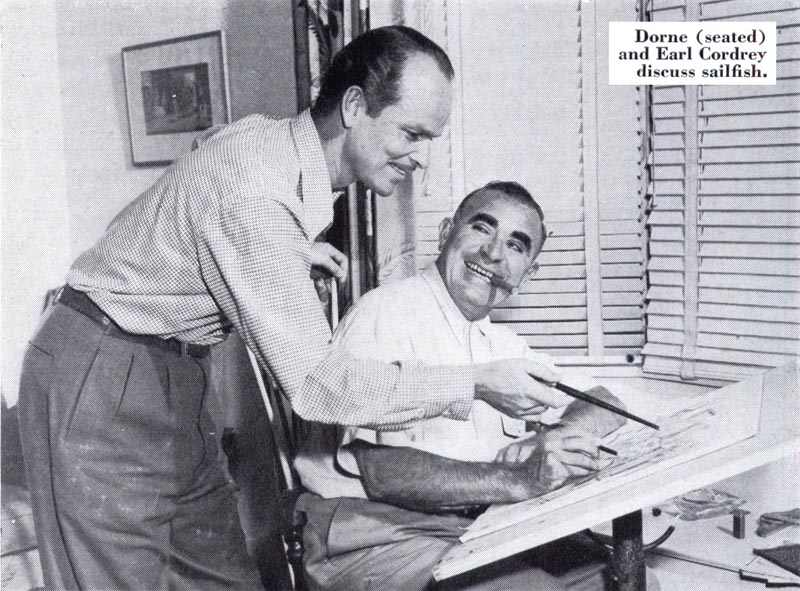
Barbara writes, "Dad liked to think of himself as "Mr Tough Guy" - - his verbal language, his body language... and, do you know what? He was a tough guy, for sure. Mouthy, brash, charismatic (sometimes in a crude way), but definitely tough - - so much so that he swore me to secrecy (now a broken oath) about the magnificent garden of tuberous begonias he planted and nurtured under the deck of the house in Westport (his gardener was not allowed to touch the plants and no one was ever to know that Dad had planted them from scratch), They made a gorgeous display and Dad spent a lot of time just sitting there, enjoying the sight."
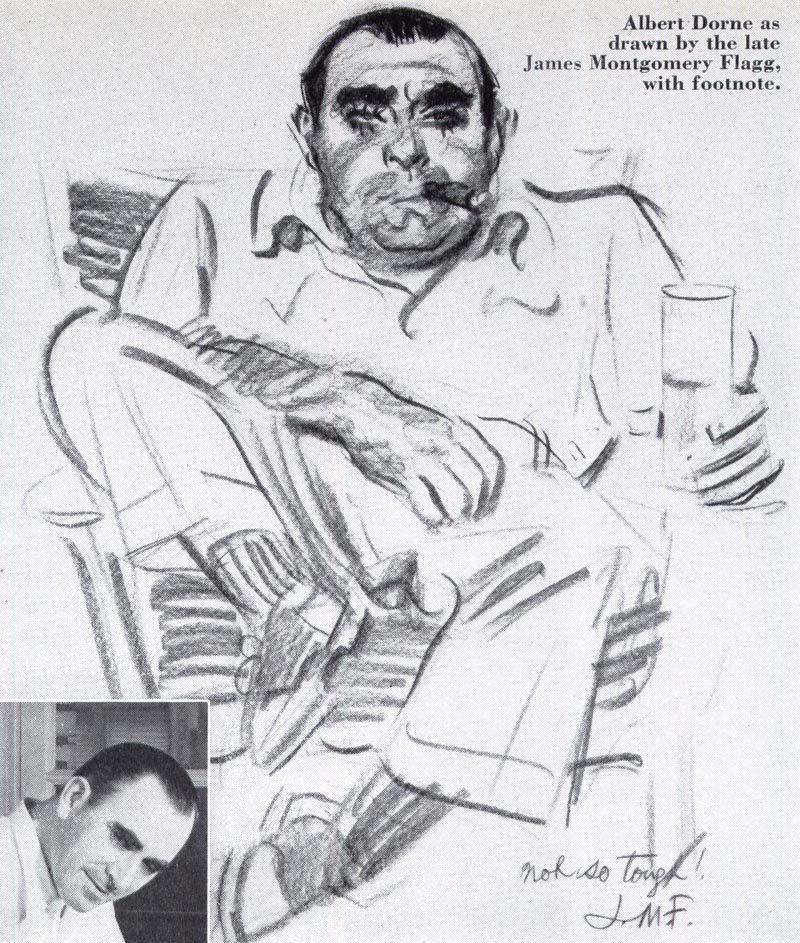
Dorne's early art career consisted of 18 hour days, 7 days a week, churning out as many as ten illustrations a day. For five years, from age 20 to 25, Dorne worked as an assistant to a commercial artist named Alexander Rice, hacking out countless drawings of anything and everything that paid his boss a buck.

The hours were so long that Dorne often slept in the studio. His reward at week's end: $300 or $400. His goal: to earn a thousand dollars per picture.
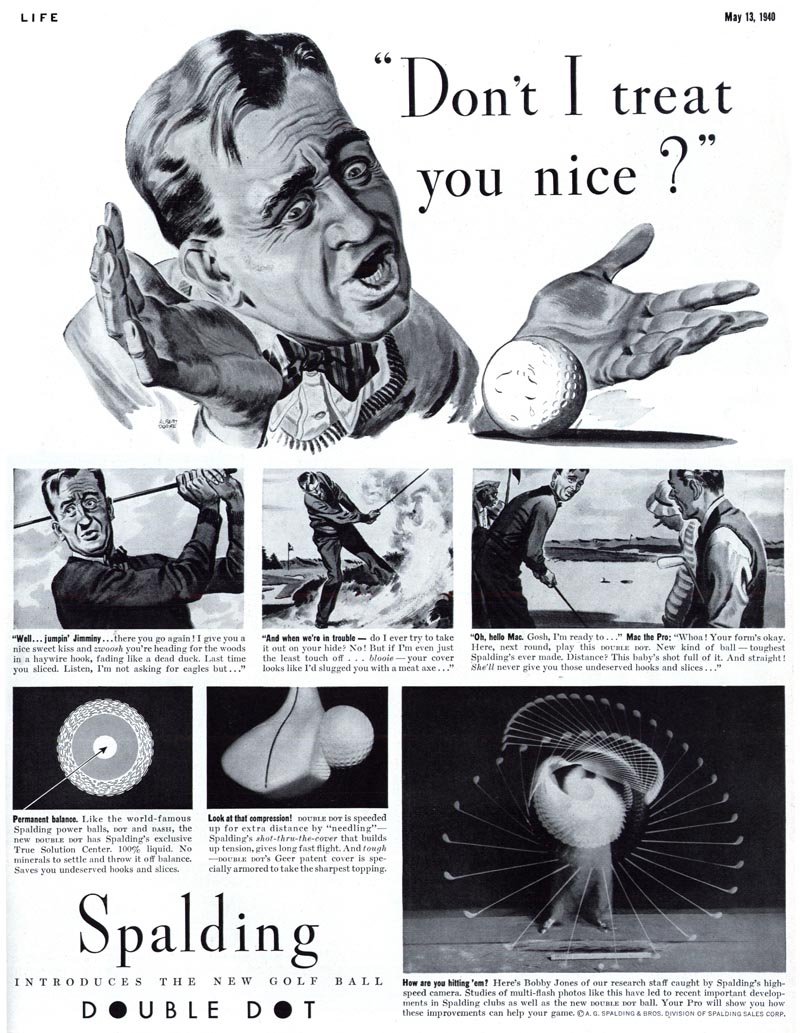
What the relentless grind at Rice's studio taught Dorne was the the dollar value of a minute. Through experience he adopted a policy to not play around with preliminary sketches , not even after he achieved his goal of landing those thousand dollar assignments. Dorne would mull over a project in his head until he had a clear, concise concept in mind, then attack the paper decisively!

Speaking about those early years in Rice's studio, Dorne told one interviewer, "Under such conditions, a fellow just has to learn to do his experimenting in his head... and do it fast."

Years later, when thousand dollar assignments became common in Al Dorne's life, he maintained his disciplined respect for the value of a minute. Dorne had an assistant (who spent a good deal of his time clipping and filing "scrap" - reference photos and drawings that might be needed on any given job) - as well as a business manager, accountant and secretary.

"No, this is not a luxury," Dorne would explain, "just the businesslike way of running a business. It doesn't pay me to do anything someone else can do for me."
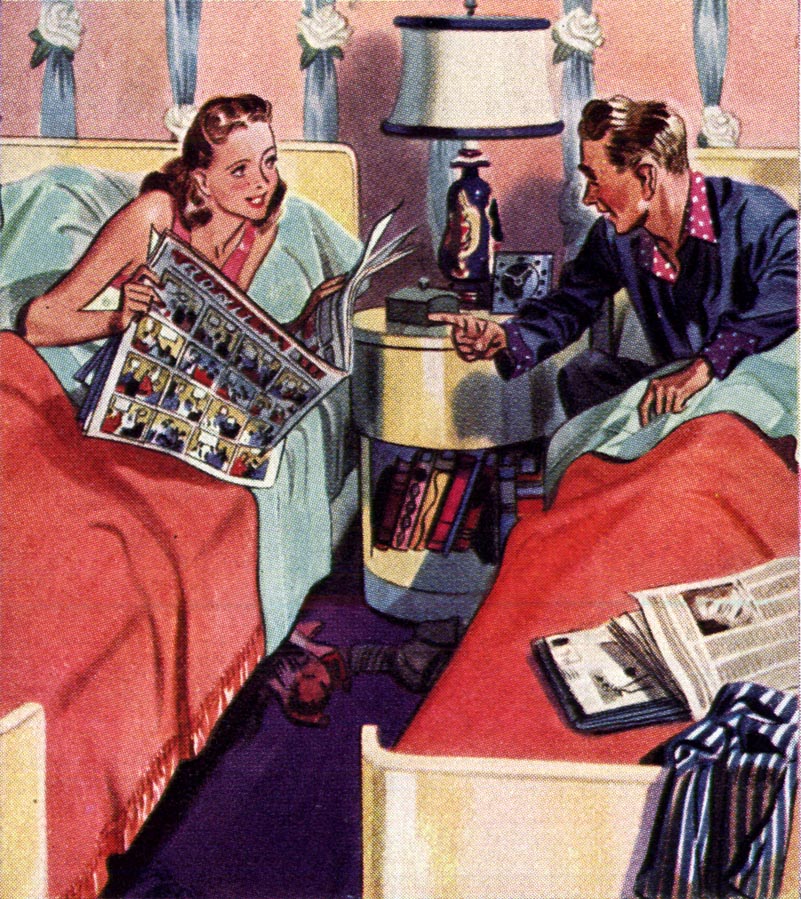
In this manner, Dorne was able to work at his drawing table uninterrupted. Jobs - big and small - passing under his brush at a furious pace. One visitor to Al Dorne's studio commented that there were so many assignments done in such a wide variety of styles that one would never know they were by Al Dorne if one had not seen them there.
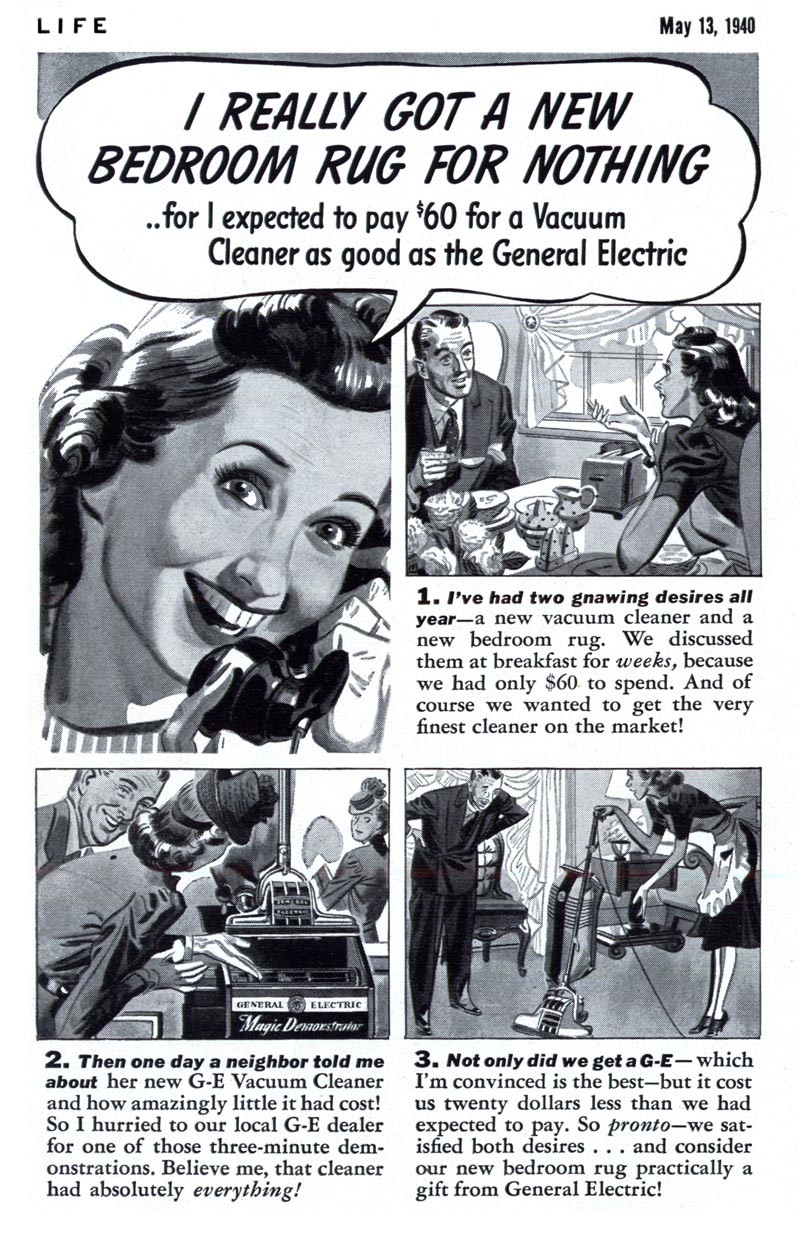
In preparing for this series of posts, I found many illustrations, often several in the same weekly issue of, say, Life magazine, some signed by Al Dorne, many unsigned but probably by Dorne. Below, a typical selection from the '40s.
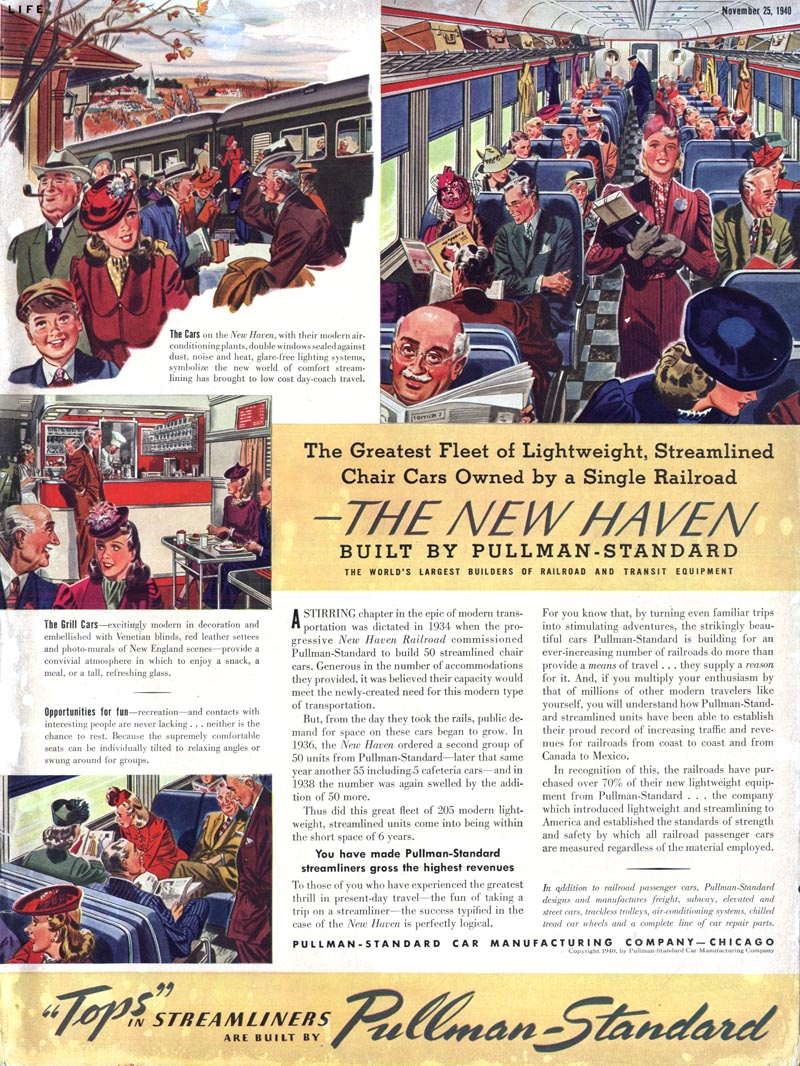
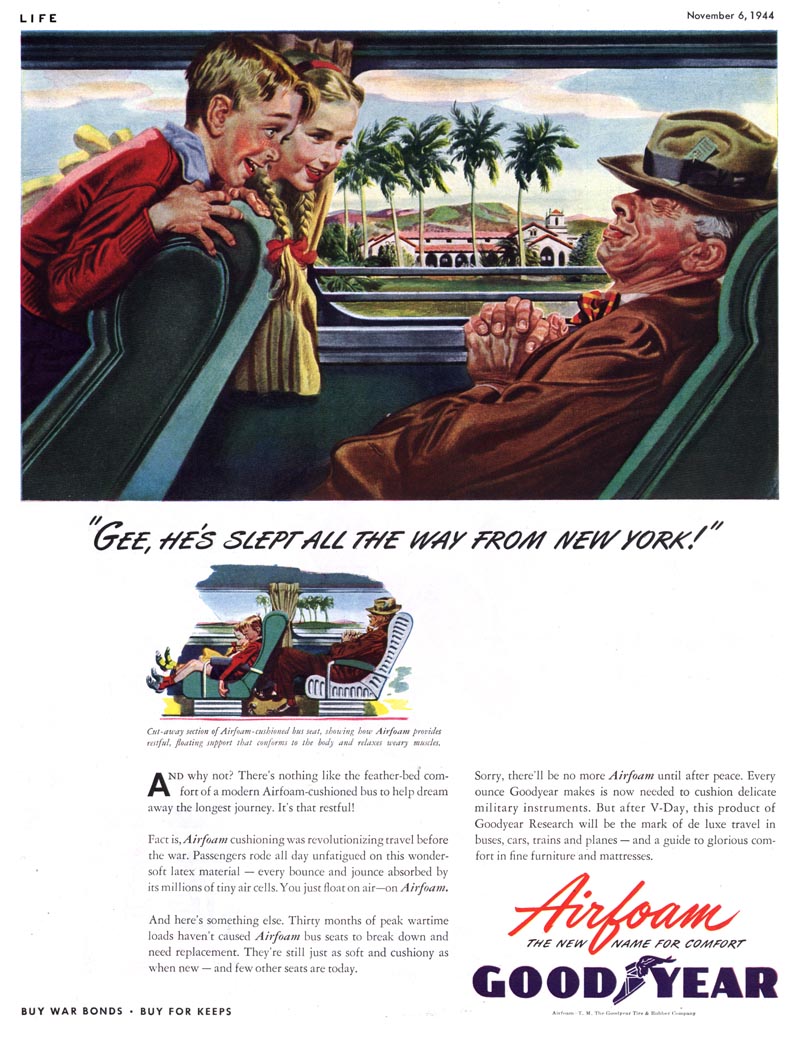


Al Dorne's remarkable accomplishments, culminating in the massively successful Famous Artists School, came to an abrupt end - to soon - in 1965.

Dorne's daughter Barbara explains:
"I talked with my Dad about fifteen minutes before he expired. He had been at some kind of meeting in Florida, and became ill with what had been diagnosed as "grippe" - what is today called "flu." He was flown by private jet to New York and taken to hospital. A call was placed to me by Rex Taylor, who was at my Dad's bedside along with Dr. William Goldring, a hematology specialist. I was told by Dr. Goldring that my father had bacterial endocarditis, an infection of the heart valve. My Dad was allergic to penicillin and, therefore, the only medication that could be given at that time, was sulfa."
"Dad and I talked about my coming up to Westport with my two daughters as soon as he was discharged, and he was all for that - - telling me he wouldn't be able to make my coffee for me in the morning, as he always did on my stays at the house in Westport. Fifteen minutes after I told him I loved him, and he said, "See you in Westport" - - he passed from a massive coronary. Rex Taylor called me (I was living in Phoenix, Arizona at the time) and cried as he told me Dad was gone."

Barbara adds, "He would be flattered to the max to learn that so many people thought so highly of him, personally, let alone his work." And in an aside, fondly remembering her dad The Tough Guy, The Street Fighter, she concludes, "Dad always used to cock his head and smile devilishly at me, saying "Hey Baby, it's George Raft come to visit ya."

"Yes, THAT George Raft."
* My Al Dorne Flickr set.
Leif, I've really been enjoying this series of posts on Al Dorne, as he comes across as a larger than life, very colourful character! I'm actually a little embarrassed to admit that many of the great illustrators you have written about I have been unfamiliar with until now. But that's what's so wonderful about "Today's Inspiration" - the fact that you're providing an introduction for many of your readers to these legendary illustrators of yesteryear. Thanks so much for your invaluable contribution to the world of vintage illustration through your blog, as it has become one of my daily visiting spots!
ReplyDeleteFantastic series of articles.
ReplyDeleteThoroughly enjoyed it, thanks for writing.
Hey Leif.Another interesting post.If ever there was a man who embodied the term 'commercial artist' it was Albert Dorne.
ReplyDeleteCommercial Art was a multi-discplinary strand in art schools,clearly focussed on serving the world of business,and in this role Dorne was a king.
I think lumping him in with primarily editorial illustrators, as has so often been done, loses sight as to AD's mission statement and justifies his unabashed business-type approach to his trade.
Whadda life!
ReplyDeleteGreat post Leif. Riveting stuff.
Hi Leif, this was - without a doubt - a wonderful series! I feel as though I knew him personally after reading. And the ending - a large lesson to be learned by everyone: quoting RoseAnn RoseAnna Danna "It just goes to show, you never can tell".
ReplyDeleteI was Albert Dorne's nephew. I loved him too.
ReplyDeleteHaving known and worked with his contemporary and business partner, Norman Rockwell, I wish now I had learned earlier of Dorne's accomplishments within the embrace of a life which was itself remarkable.
ReplyDelete